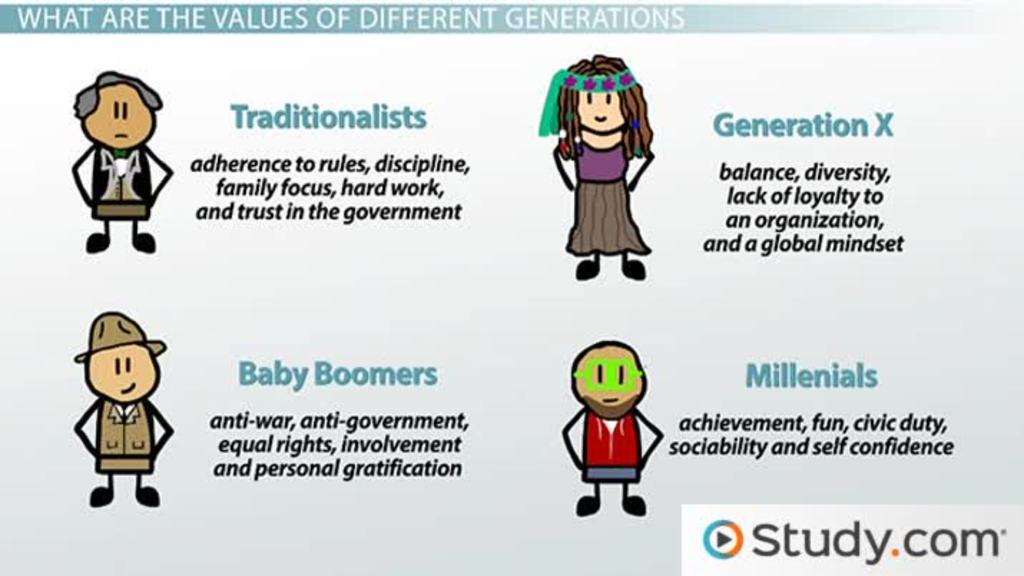
A career advisor can help people understand different career options. They help clients make informed decisions about their career and assist them in preparing CVs and applying for jobs. Many career advisors have knowledge in different industries, which can be used to help clients. Here are some important things career advisors need to know:
Career advisers can help clients to explore their career options
Career advisers are there to help individuals discover the best career paths for them. They give advice based on the client’s interests and aptitudes. They can also administer aptitude tests to match clients' skills with career opportunities. Clients can be guided through the selection process and help with resume writing.
Career counselors use a variety of assessment tools and informal inventories to assess clients' career awareness and prepare them for the future. This can help clients get a better grasp of their interests, skills, and values. They can also help clients to discover the salary ranges of different occupations as well as explore their educational requirements. Clients can then make informed decisions about the career that suits their needs best.
They give information about the opportunities.
Career advisors provide information about career opportunities in various industries. A career advisor's role is to help both employees and employers identify their talents and abilities. Career advisors help employees decide the best career choice for them. They also can guide them to the most appropriate courses or programs. These programs and courses can improve an employee's performance or prepare them to take on new roles.

There are many ways to contact a careers adviser, such as telephone, online web chat, email, and in-person appointments. The contact with a career adviser is confidential. A privacy notice is available for those who would like to use this service.
They are great for CVs
A careers advisor can help you if you have any questions about how to make a CV. The CV generally includes your contact information, education and work experience. The CV may also contain sections that describe your interests, research, publications and presentations. It is best to arrange your CV in reverse chronological order. Standard CV sections include your name and contact information, education, honors and awards, work experience, research experience, and teaching experience. You might also want to include extracurricular activities and computer skills.
Your CV should match the job and company that you are applying to. Your strongest skills should be highlighted and your CV should reflect that. Look at job profiles to see what types of tasks you would like to perform. Multiple CVs are helpful if you are applying for multiple jobs. These cases will require you to use different headings. Highlight the most important items and make sure that they're emphasized throughout the document.
They aid with application forms
A career advisor can give you a lot of useful information on how to fill out applications. It is important to first read the form carefully and make notes. Once you have read the entire form, print it off and start typing your answers. You can also copy specific questions to a blank document and type your answers there. If the application requires more than one answer, you can use this option.
The careers advisor can also provide you with information about specific careers, help you fill in application forms, and provide tips for interviewing. No matter if you are applying to a college course or apprenticeship, they will give you all the information that you need. You can also reach them directly. Their Oldham office is at 80 Union Street.

They conduct interviews
Career advisors help students make a decision about their career. These professionals are well-trained interviewers who realize that young people often have questions about the best career path. They offer guidance on broad topics such as career options and academic interests. Parents who want to give their child advice and information can also find help from career advisers.
The interviewer will ask questions about the applicant's background and education to help them decide if they are the right candidate for the job. If they are studying for a Master's, they might ask about their experiences in similar fields. If they are studying psychology, clients may ask about their experience in a related field.